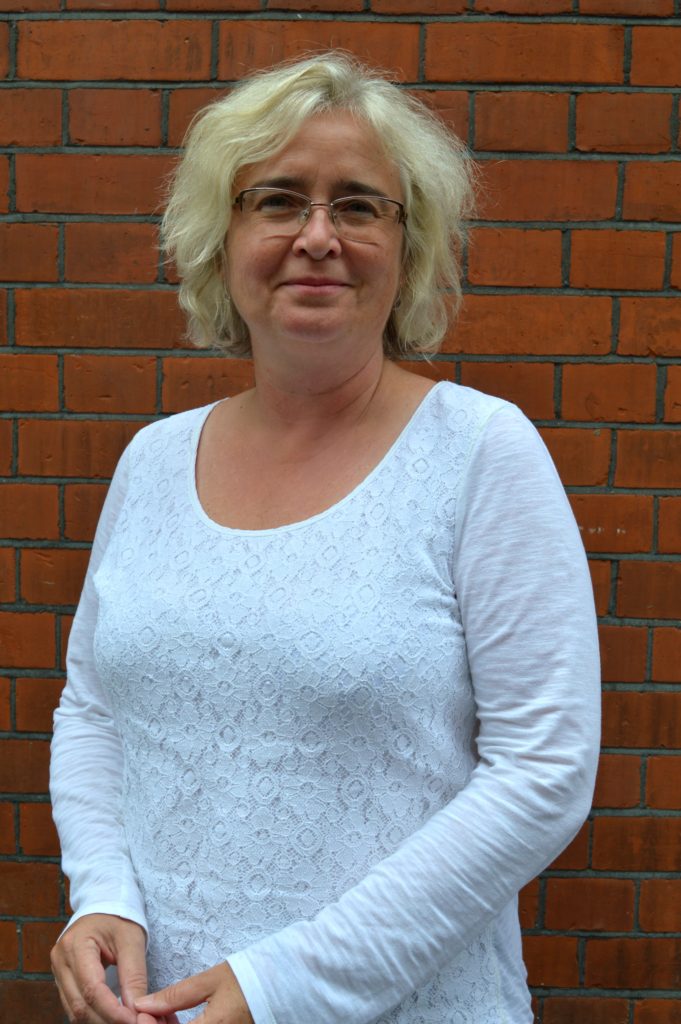 It’s time to put the energy user at the heart of policy, says incoming Association for Decentralised Energy (ADE) Deputy Director Dr Joanne Wade.
It’s time to put the energy user at the heart of policy, says incoming Association for Decentralised Energy (ADE) Deputy Director Dr Joanne Wade.
Futurebuild, the evolution of ecobuild, will bring together opinion-shapers, decision-makers and product innovators under a common purpose to explore the latest technologies and approaches, and debate the biggest issues facing the built environment — now and in the future — both in the UK and overseas.
This ethos is brought to life through six Futurebuild Hubs — Energy, Buildings, Urban Infrastructure, Materials, Offsite and Interiors. The Association for Decentralised Energy will be playing a key role in the Energy Hub, which will bring forward ideas, solutions and innovations for the future of the energy industry. One key topic that continues to dominate the industry conversation is Climate Change; with recent news suggesting we’re at risk of exceeding the 1.5 degree increase by 2030, unless significant measures are put in place.
Government is committed to placing clean growth at the heart of the UK’s industrial strategy, but while progress has been made, essential policy details and timings are yet to be seen. The UK needs stronger and new policies in sectors where greenhouse gas emissions are currently increasing (transport) or where progress has stalled (buildings) if we are to meet the next carbon budgets.
At the ADE, we believe we need to put the energy user first when developing these policies. By starting with the consumer, examining their needs and considering the user in their local context, we believe it’s possible to design a more efficient, local, and less costly energy system.
The Clean Growth Strategy and the Road to Zero set out the Government’s ambition: a 20% reduction in business energy use; half of new cars to be ultra-low emission by 2030; and homes to reach EPC band C by 2035. Government now needs to translate these ambitions into specific, concrete and measurable policies with clear timing and outcomes.
Low carbon heat networks
Firm proposals for able-to-pay homeowners, and robust implementation of minimum efficiency standards for rented housing, together with concrete policies to deliver the ambition on commercial and public buildings, are needed. For new buildings, existing standards and the associated framework should be strengthened to ensure they are future-proofed for low-carbon heating and deliver high levels of energy efficiency.
Well-targeted policy measures to decarbonise heat and support the growth of low carbon heat networks should also be developed between now and 2020; including detailed plans to phase out the installation of high carbon fossil fuel heating in homes and businesses in the 2020s and long-term policy support for low-carbon heat networks in heat dense areas such which are cost-effective and low-regret opportunities.
The Committee on Climate Change provided Government with four simple messages to put emissions reductions back on track: support simple, low cost options; end chopping and changing of policy; commit to effective regulation and enforcement; and to act now.
We support these simple messages and would add a fifth — to put the end user first. There are no silver bullets, which will deliver an affordable, secure and low carbon energy system, but by thinking about the consumer first, we can use a range of options to find the right solutions for the right people in the right place. Our members and industry support us in this, developing the latest, most innovative technologies and initiatives to address this challenge and help us deliver the energy system of the future. Join the discussion at Futurebuild 2019 to find out more about the energy solutions and innovations available for local authorities.









